- Home
Page 2
Page 2
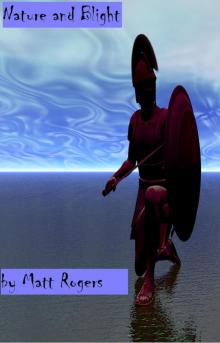 Nature and Blight
Nature and Blight The Wolves of Third Clan
The Wolves of Third Clan Ghosts
Ghosts Bear
Bear The Will Slater Series Books 1-3
The Will Slater Series Books 1-3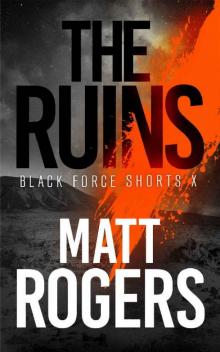 The Ruins
The Ruins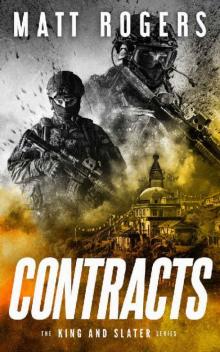 Contracts
Contracts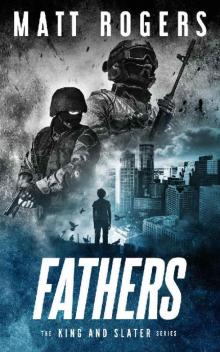 Fathers
Fathers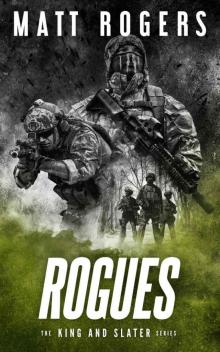 Rogues: A King & Slater Thriller
Rogues: A King & Slater Thriller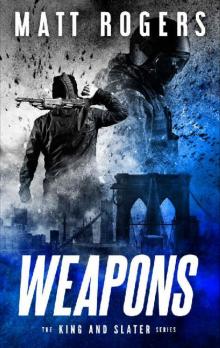 Weapons
Weapons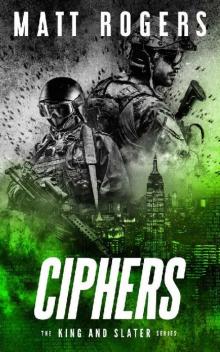 Ciphers
Ciphers Lynx
Lynx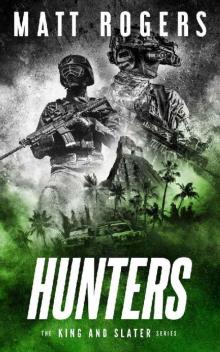 Hunters
Hunters Of Superior Design
Of Superior Design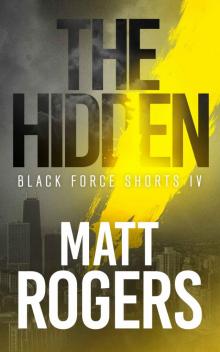 The Hidden: A Black Force Thriller (Black Force Shorts Book 4)
The Hidden: A Black Force Thriller (Black Force Shorts Book 4) Blood Money
Blood Money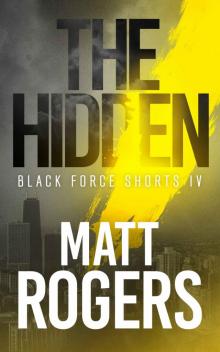 The Hidden_A Black Force Thriller
The Hidden_A Black Force Thriller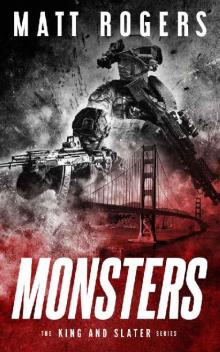 Monsters
Monsters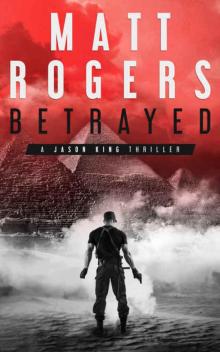 Betrayed: A Jason King Thriller (Jason King Series Book 4)
Betrayed: A Jason King Thriller (Jason King Series Book 4)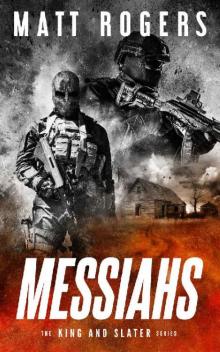 Messiahs
Messiahs The Wicked_A Black Force Thriller
The Wicked_A Black Force Thriller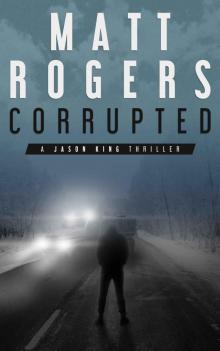 Corrupted: A Jason King Thriller (Jason King Series Book 5)
Corrupted: A Jason King Thriller (Jason King Series Book 5)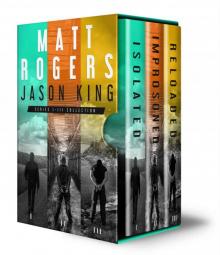 The Jason King Series: Books 1-3
The Jason King Series: Books 1-3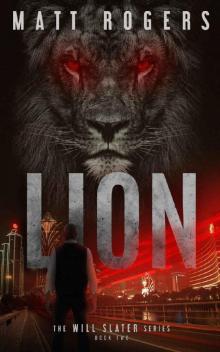 Lion
Lion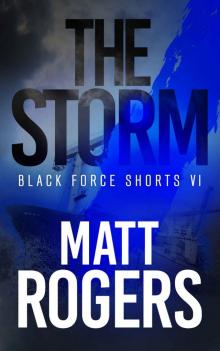 The Storm: A Black Force Thriller (Black Force Shorts Book 6)
The Storm: A Black Force Thriller (Black Force Shorts Book 6)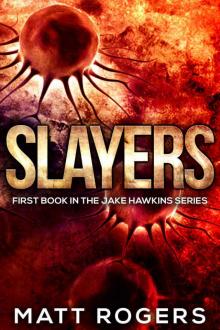 Slayers (Jake Hawkins Book 1)
Slayers (Jake Hawkins Book 1)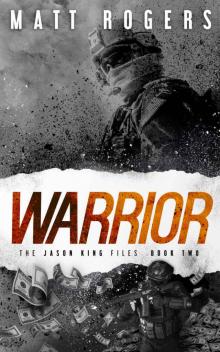 Warrior: A Jason King Thriller (The Jason King Files Book 2)
Warrior: A Jason King Thriller (The Jason King Files Book 2)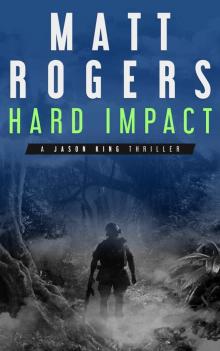 Hard Impact: A Jason King Operation (Jason King Series Book 0)
Hard Impact: A Jason King Operation (Jason King Series Book 0) The Wicked: A Black Force Thriller (Black Force Shorts Book 7)
The Wicked: A Black Force Thriller (Black Force Shorts Book 7)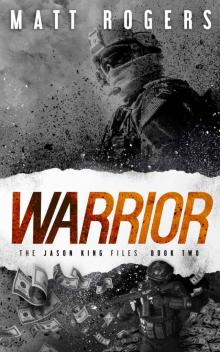 Warrior_A Jason King Thriller
Warrior_A Jason King Thriller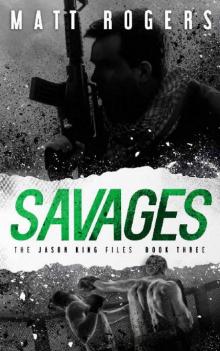 Savages: A Jason King Thriller (The Jason King Files Book 3)
Savages: A Jason King Thriller (The Jason King Files Book 3)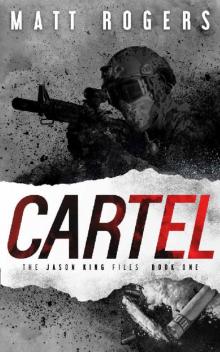 Cartel: A Jason King Thriller (The Jason King Files Book 1)
Cartel: A Jason King Thriller (The Jason King Files Book 1)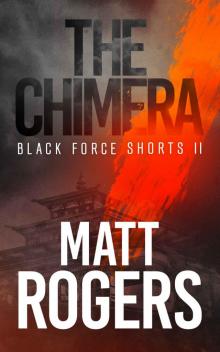 The Chimera_A Black Force Thriller
The Chimera_A Black Force Thriller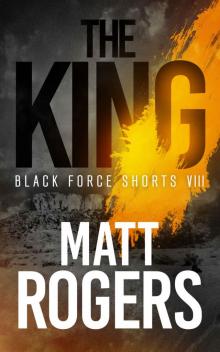 The King: A Black Force Thriller (Black Force Shorts Book 8)
The King: A Black Force Thriller (Black Force Shorts Book 8)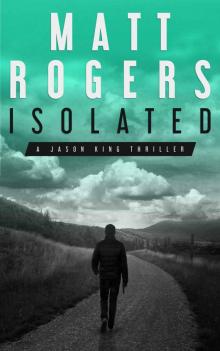 Isolated: A Jason King Thriller (Jason King Series Book 1)
Isolated: A Jason King Thriller (Jason King Series Book 1) The Victor: A Black Force Thriller (Black Force Shorts Book 1)
The Victor: A Black Force Thriller (Black Force Shorts Book 1)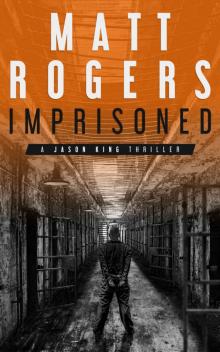 Imprisoned: A Jason King Thriller (Jason King Series Book 2)
Imprisoned: A Jason King Thriller (Jason King Series Book 2)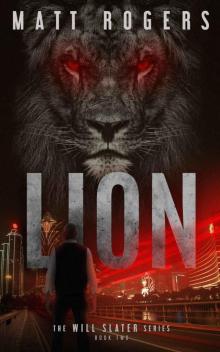 Lion: A Will Slater Thriller (Will Slater Series Book 2)
Lion: A Will Slater Thriller (Will Slater Series Book 2)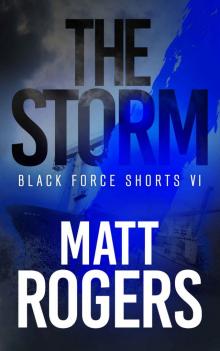 The Storm_A Black Force Thriller
The Storm_A Black Force Thriller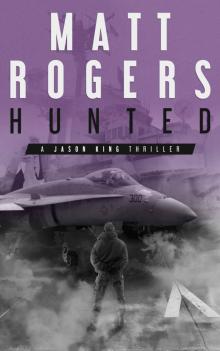 Hunted: A Jason King Thriller (Jason King Series Book 6)
Hunted: A Jason King Thriller (Jason King Series Book 6)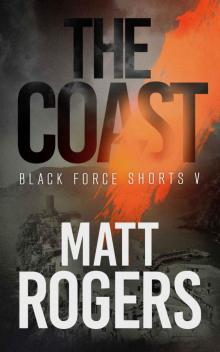 The Coast: A Black Force Thriller (Black Force Shorts Book 5)
The Coast: A Black Force Thriller (Black Force Shorts Book 5)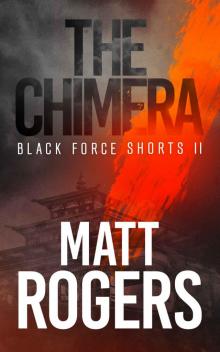 The Chimera: A Black Force Thriller (Black Force Shorts Book 2)
The Chimera: A Black Force Thriller (Black Force Shorts Book 2)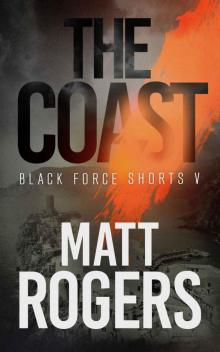 The Coast_A Black Force Thriller
The Coast_A Black Force Thriller